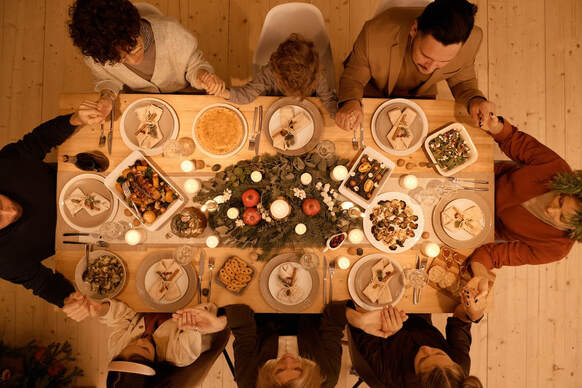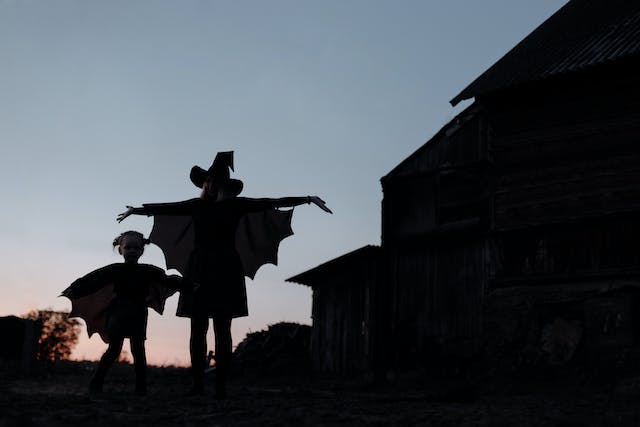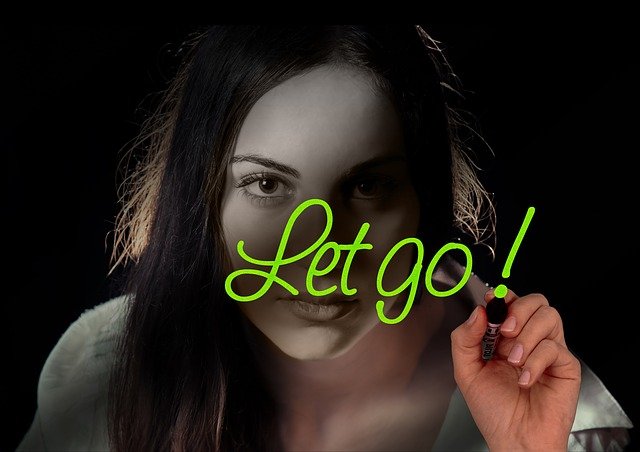|
As the autumn leaves paint the world in shades of amber and crimson, we find ourselves approaching that time of year when the air is filled with warmth, the aroma of home-cooked feasts, and the spirit of gratitude. Thanksgiving, a cherished holiday, serves as a poignant reminder to count our blessings and express our thankfulness for the abundance in our lives. But what if we told you that there's a metaphysical dimension to gratitude that extends far beyond mere words? In this season of giving thanks, let's embark on a journey that uncovers "The Power of Gratitude in Manifestation: A Metaphysical Approach to Thanksgiving."
0 Comments
Halloween, with its spooky costumes, haunted houses, and candy-filled festivities, has become a beloved holiday in many parts of the world. However, its origins date back to ancient Celtic traditions and were initially intended to serve a very different purpose – the act of scaring away evil spirits. In this article, we will delve into the historical roots of Halloween and how it evolved into the holiday we celebrate today.
There are so many different types of spiritually gifted people. Some readers have a combination of gifts, while others adopt a title without truly understanding their own gifts, let alone the type of gift they possess. This does not mean they are not talented or gifted. It just means their title may not truly represent their abilities or how they connect and access information.
We go through so much in our lives. Yet, the statement 'Just Let go' is both, the worst thing you can hear and the best thing to do. The first thing to understand is that 'letting go' means different things to different people. It can include anything, from letting go of a place, a person, a situation, or something you hold dear to your heart. But how do you let go of something without burying it deeper inside yourself, causing more harm?
In my line of work as a leadership coach, I find it interesting how many times I have heard clients say, "To function in my profession and workplace, I have to hide my spiritual side." If you can relate to this, then listen up. After all, you are a multi faucet being with depth. Your spiritual side is part of the richness of who you are at core level.
We all face stressful situations throughout our lives, ranging from minor annoyances like traffic jams to more serious worries, such as an illness or the death of a loved one. No matter the cause, we still experience stress. Stress, which triggers the body into releasing cortisol, is often called the stress hormone. Cortisol is the hormone that causes your heart to pound, your breathing speeds up, and your muscles tense. This is all in preparation for the Flight or Fight response that is needed in a survival situation, like running from a wild animal.
|
AuthorLillian Kaiser Rev., M.Sc Archives
November 2023
Categories
All
|







 RSS Feed
RSS Feed
